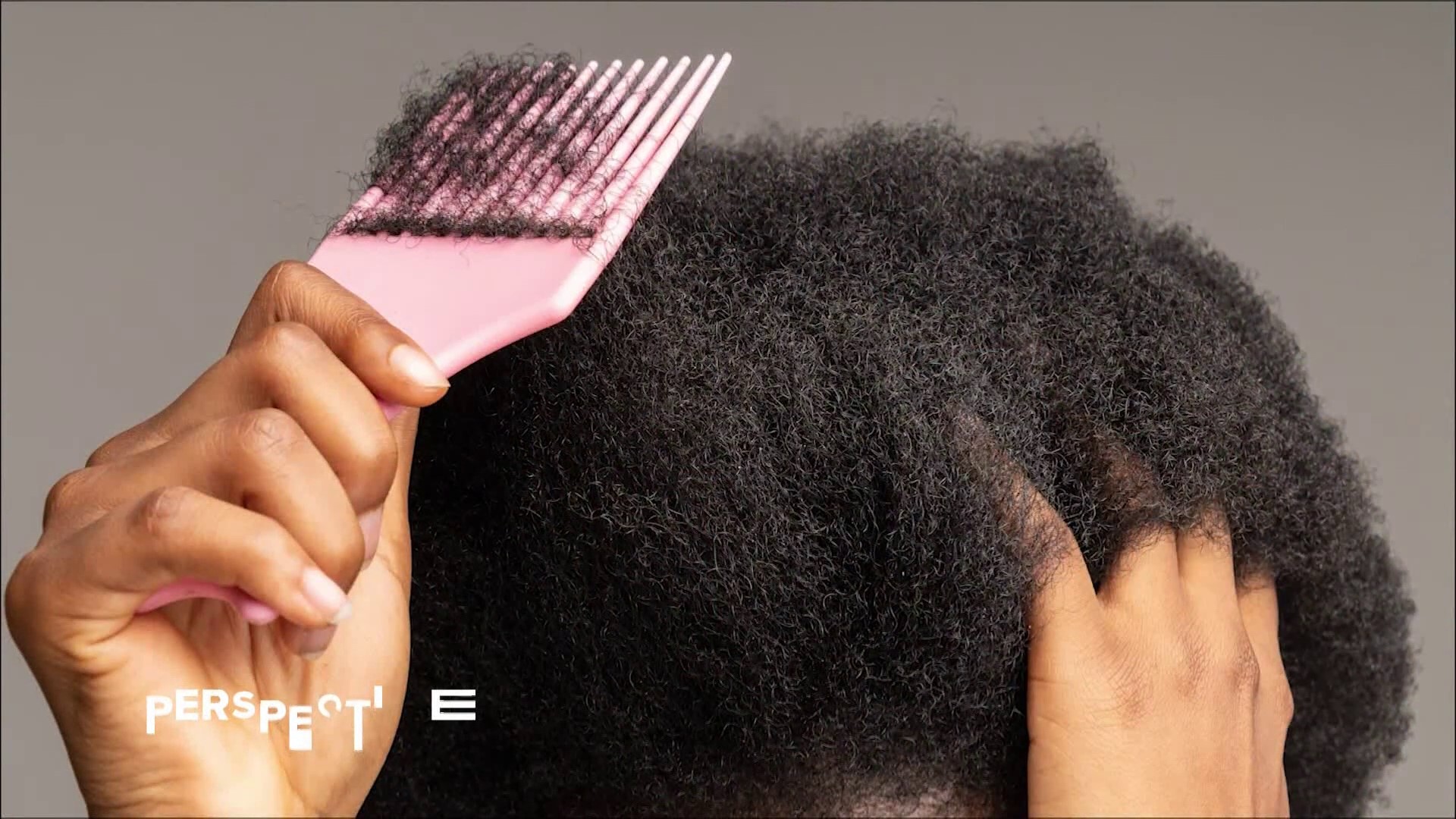DALLAS — Your voice is your power. Your words are powerful. We know this, right?
All week long, U.S. Rep. Lauren Boebert of Colorado has made a point to show that she knows the power of her words as well.
But also this week, when providing a vote on the CROWN Act, a bill that would outlaw discrimination based on hair textures and hairstyles, she referred to it on the House of Representatives floor as "the bad hair bill."
When we reached out to Rep. Boebert’s press team for clarification on what she'd said, they said she meant to say, "It's a bad, hair bill."
They went on to add, "We can’t believe this is news, but here you are."
Yes, you’re right. Here we are.
That less than one-minute statement from Rep. Boebert, using those two words “bad hair” right after one another, opened a deep wound that is still evident in Black culture.
In a conversation of over 400-plus years, Black people keep being told their hair is subpar.
One thing about me: I deeply despise giving someone publicity when their rhetoric was clearly harmful to others, whether they’ll even acknowledge it. What’s sad, and the reason why I am addressing this statement, is that Rep. Boebert is not alone in her mindset.
When we followed up and asked her to explain what she thought was "bad" about the bill, we didn’t hear back.
The fact that she used that language and then walked away from the podium like it's nobody’s business is not OK. It is my business -- and the business of countless other Black men, women and children, whose hair has been used as a weapon against their character.
In fact, Rep. Boebert's comments are exactly the reason why the CROWN Act is needed in the first place. Because people who have a similar mindset may be leading our schools, may be the ones making the hiring or firing decisions at our places of employment or may even be those who determine whether you get a promotion.
Hair is a Black woman's crown and glory, but the history of our hair can be complicated for some to understand.
That history is rooted in racism. When Africans were stolen from their native countries and enslaved, their hair was among the initial things their oppressors targeted.
“One of the first things that happened when people were put onto the slave ships was that their hair was shaved," Ayana Byrd, a journalist who co-authored the book "Hair Story: Untangling the roots of Black Hair in America," told Glamour in 2020.
Speaking of America: We have to do better.
We cannot use our words to demean an entire group of people, then use those same tongues to ask for compassion for a separate group.
It just doesn’t work that way.
If you are in the presence of someone who demeans a group of people for anything, let alone because of a trait that they cannot change, I urge you to say something or talk to someone who can.
It doesn’t take much, and collectively we can all make it happen.
It’s not hard, we just have to do it.
Let’s all do better.

